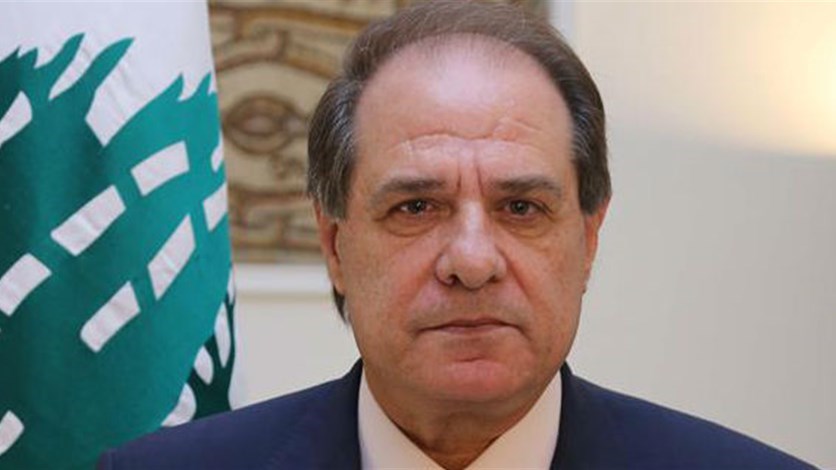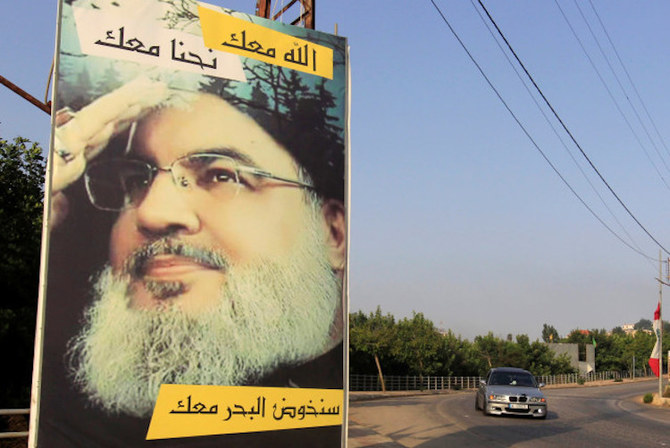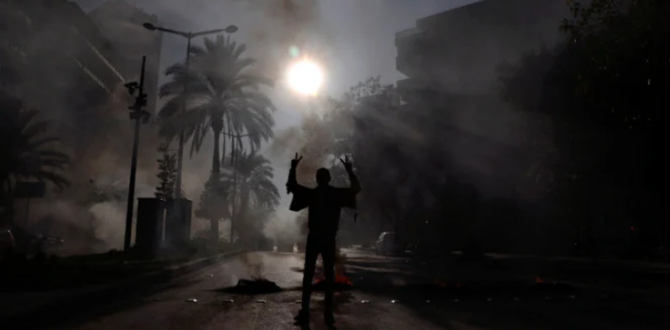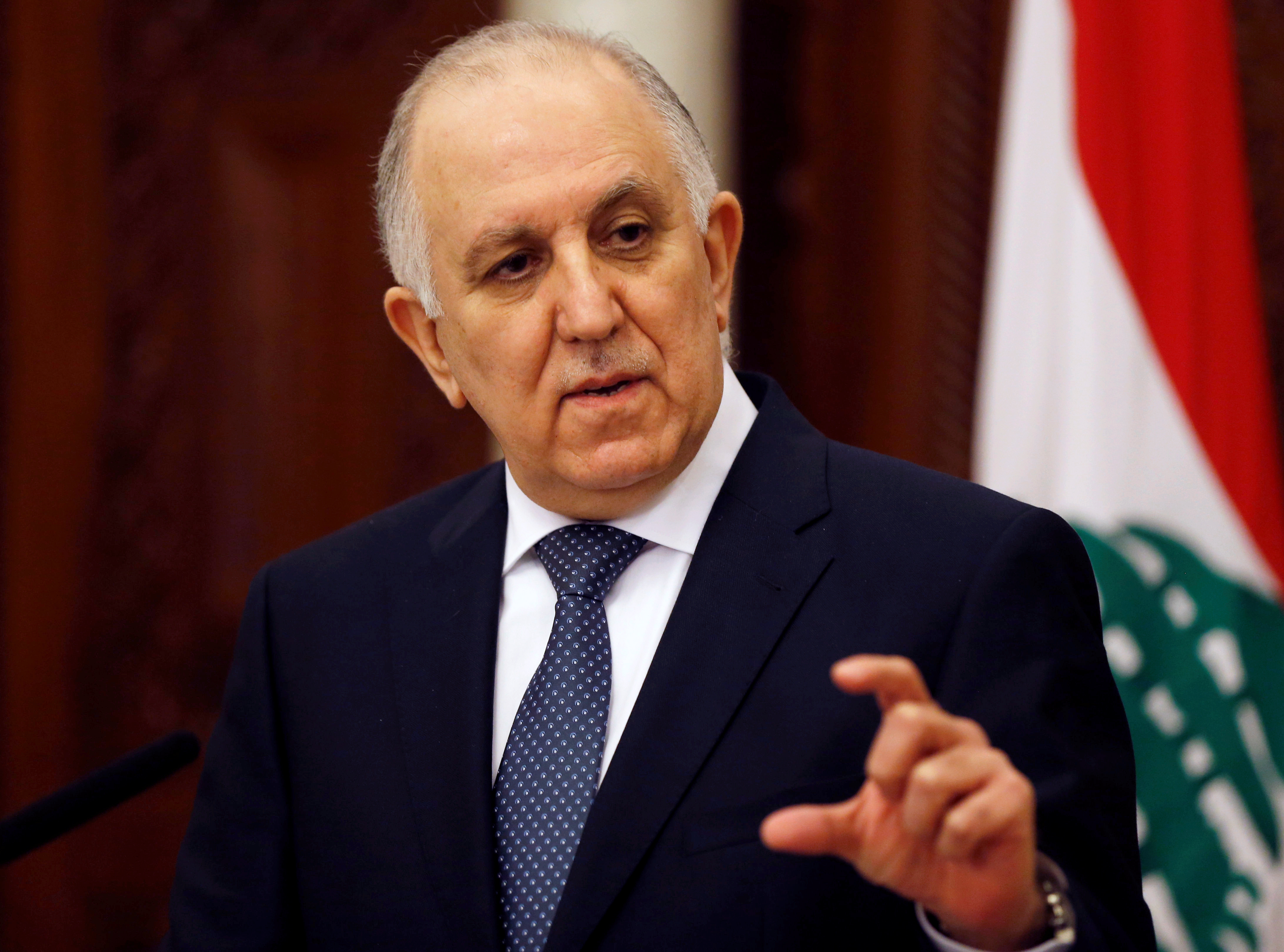
by ncregister.com — On July 1, leaders of Christian Churches of Lebanon — including heads of the Maronite, Melkite, Greek Orthodox, Syrian Orthodox, Chaldean, Syrian Catholic and evangelical communities — were gathered in Rome for a day of prayer and reflection with Pope Francis, in response to the devastating economic and political crisis in Lebanon. These religious leaders made special appeals to Lebanon’s citizens not to become discouraged and lose heart; to the political leaders to find solutions to the current economic, social and political crisis; to the Lebanese of the diaspora to serve the homeland; and to the members of the international community to undertake a joint effort to save Lebanon. In the words of Pope Francis, the intention of the gathering was that Lebanon “must remain a project of peace. Its vocation is to be a land of tolerance and pluralism, an oasis of fraternity where different religions and confessions meet, where different communities live together, putting the common good before their individual interests.”
Why Lebanon Is a Message
Prince Klemens von Metternich (1773-1859) was Austria’s foreign minister and architect of the “Concert of Europe” — a viable diplomatic system between the European Powers which kept Europe at peace for almost a century following the Napoleonic wars. Before sending his ambassador to Constantinople, Metternich instructed him: “Tell the Sultan, if there is war in Lebanon there will be war in the Levant, if there is peace in Lebanon there will be peace in the Levant.” The Austrian statesman and diplomat knew how to keep the equilibrium and balance of powers to ensure peace and stability. He understood that a peaceful Lebanon contributed to a peaceful and stable region, but an explosive region would sooner or later come back to haunt the territorial integrity of Lebanon, the Christian presence in the region and the coexistence among its religious communities.
:quality(70)/cloudfront-eu-central-1.images.arcpublishing.com/thenational/6CTOQBM5LZE5LC3MO6ZSJRHEWM.jpg)








